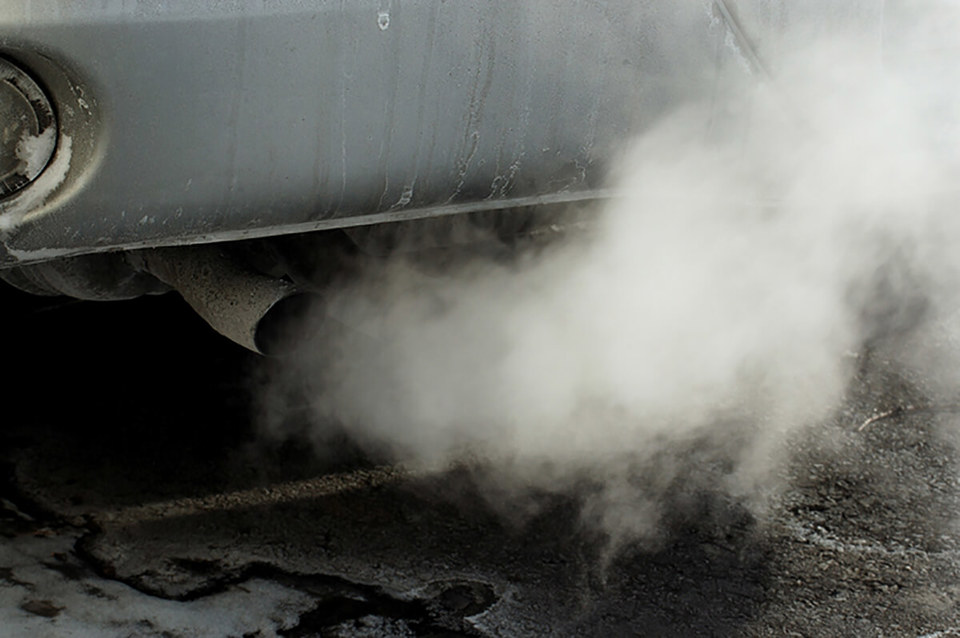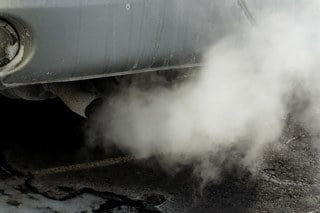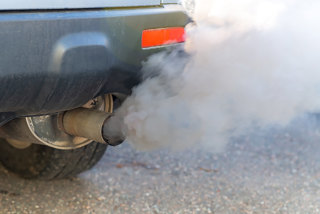Bristol Waste Company and the University of Oxford have signed up to Tantalum’s trial with Imperial College London to road test its Air Car technology.
Through a device connected to the on-board computer of any vehicle, Tantalum’s Air Car aims to accurately estimate real-time NOx and CO2 emissions.
A range of vehicles, from waste trucks to minibuses, vans to heavy goods vehicles, will be connected to Tantalum’s technology.
Tantalum Corporation’s CEO, Ozgur Tohumcu, said: “We are delighted that operators from different parts of the automotive sector are working taking part in our trial and we look forward to working with them.”
Once perfected, Tantalum says its CO2/NOx product will be able to provide a detailed understanding of the environmental impact of vehicles and the tools to minimise it.
Tohumcu said: “Air Car will be transformative for estimating, managing and reducing of the environmental and health impact of traffic in our towns and cities.”
Local, regional and national governments are looking at new technologies which can help them better measure and therefore manage and reduce NOx emissions.
Tantalum has received, along with its academic partner, Imperial College London, a £1.1m grant from Innovate UK and the Centre for Connected and Autonomous Vehicles to develop Air Car. A vital part of the research and development is a 1,000 vehicle trial, where units will be installed in diesel vehicles to estimate real-time NOx emissions.
The project will help Bristol Waste Company to make informed choices around vehicle choice, routing and operating times to minimise environmental impact. The project’s outputs will also allow the University of Oxford to measure, manage and mitigate NOx emissions from its vehicles.
Tracey Morgan, Bristol Waste Company’s managing director, said: “We run a large fleet of vehicles across the city of Bristol. Understanding the environmental impact of our operation is a key part of our sustainability plan and our commitment to contributing to a cleaner and greener Bristol.
“The data from this trial, which will include at least 40 of our heavy vehicles, will enable us to make more informed decisions around which of them we use, at what times and on which routes to help us manage that impact.”
Adam Bows, University of Oxford’s sustainable transport manager, added: “By understanding emissions from a range of vehicles in our fleet, this project will help the University’s Transport Strategy objectives to improve local air quality and reduce the University’s carbon footprint.
“I look forward to gaining some really useful insights into vehicle usage which will also help the University to identify potential fuel and cost savings.”
Last summer the Government published its latest Air Quality plan, which names 29 local authorities in England, including Bristol, which need to clean up the air in their towns and cities and Oxford City Council has set itself an ambition to have a zero-emission zone from 2020.
The Mayor of London has already announced his intention to develop an emissions-based road-user charging scheme. This would charge drivers depending on the miles driven and the vehicle’s emissions.
The Government’s Air Quality Plan expects a number of charging Clean Air Zones by 2020, where older more polluting vehicles will have to pay to enter. The Mayor of London has already introduced the T-charge, will bring in the Ultra-Low Emission Zone in 2019 and has plans to hugely expand it in 2021.
Tantalum says Air Car will be able to enforce such Clean Air Zones in a smarter, fairer and cheaper way through incentivising better driving and so reducing toxic emissions.
The Air Car project started in July 2017 and the 1,000 vehicle trial will get underway this year offering participants an estimation of their NOx emissions. The trial is fully funded for participants.





















Login to comment
Comments
No comments have been made yet.